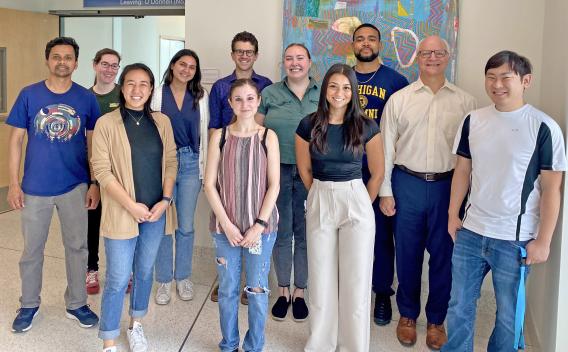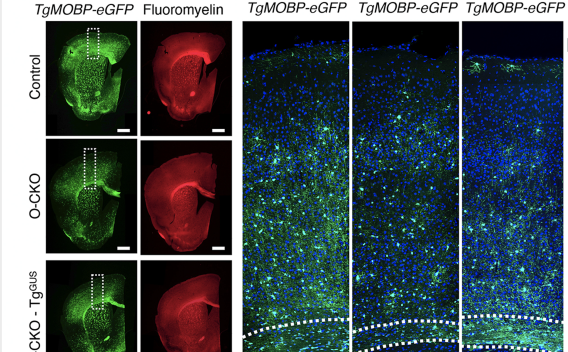Our mission is to unravel the cellular mechanisms of motor system diseases.
The central goal of our studies is to unravel the molecular and cellular mechanisms of diseases that disrupt the motor system. In exploring these diseases, we also aim to understand a fundamental question relevant to CNS disease generally: what factors determine the selective vulnerability of particular cell types or circuits to insults? Our primary focus is on Parkinson’s disease and inherited forms of dystonia. We focus our efforts on disease genes that cause these disorders, employing a range of molecular, cellular, and whole animal studies to dissect the normal role of disease proteins, and how pathogenic mutations lead to disease.

Join Our Lab
We welcome applications from motivated graduate students and postdoctoral researchers.
Explore Opportunities.
Latest Research
The Dauer Lab has shown that torsinA impairment, as occurs in dystonia, plays an essential role in the formation of the central nervous system during a critical period in development. The lab's latest research identifies nuclear pore biogenesis as a torsinA-dependent process establishing a mechanistic focus for future study.
Read more.